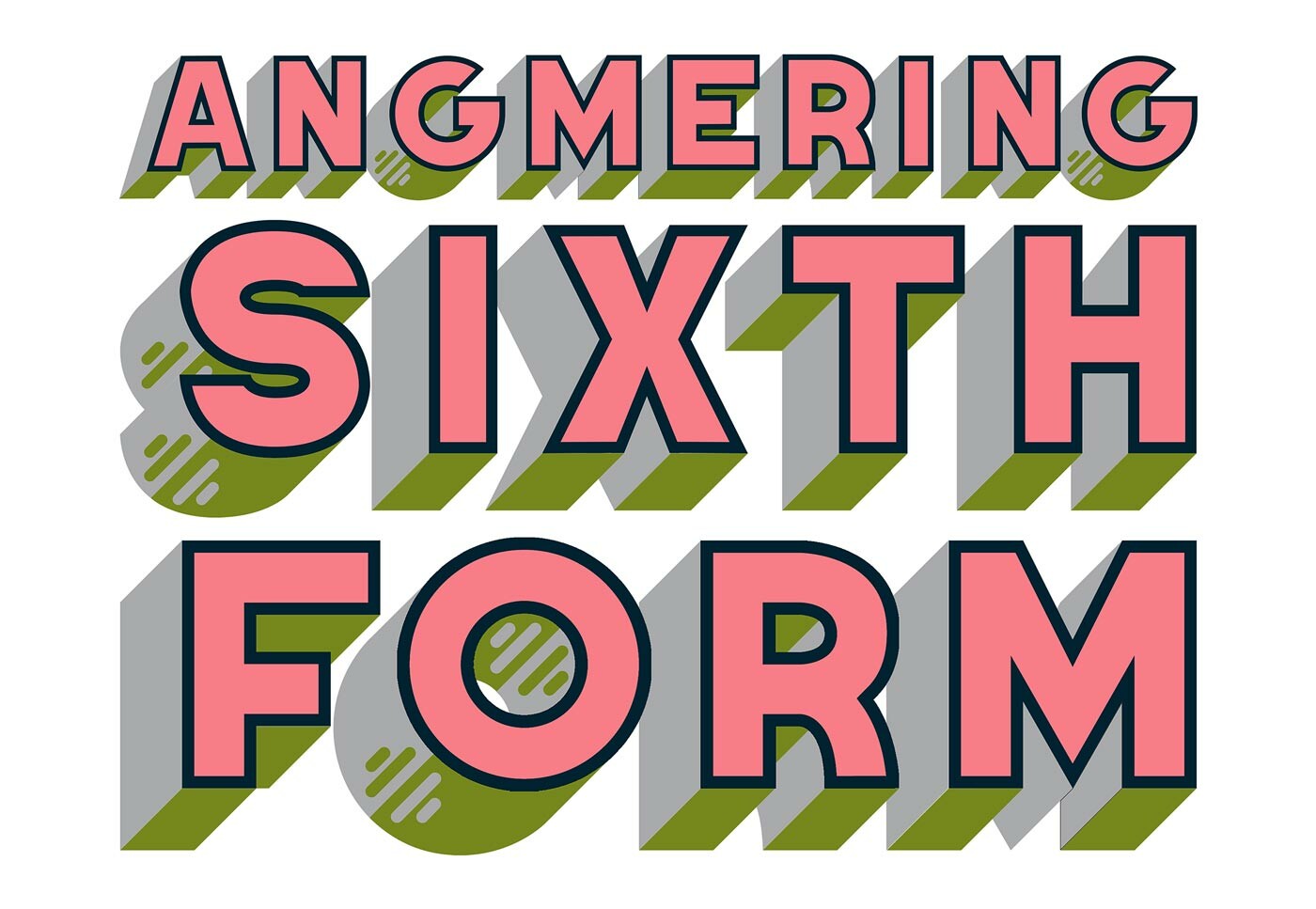Politics A-Level (Edexcel)
Course Overview
Throughout the Politics A-level course students will gain an understanding of our modern society, through analysis of both our current political situation and structures, and comparison with US Politics and Government.
Students will develop the essential skills of analysis, debate and communication whilst gaining understanding on how our society is governed. Students will learn to interpret, evaluate and comment on the nature of politics and government.
Studying Politics at A-level is the key to understanding British society today!
Component 1: UK Politics
Political participation: democracy and participation, political parties, electoral systems, voting behaviour and the media.
Core political ideas: conservatism, liberalism, socialism.
Two 30 mark questions and one 24 mark question
Component 2: UK Government
UK Government: the constitution, parliament, Prime Minister and executive, relationships between the branches.
Non-core political ideas: students will study nationalism
Two 30 mark questions (one source based) and one 24 mark question
Component 3: Comparative Politics
US Politics: the US Constitution and federalism, US Congress, US presidency, US Supreme Court and civil rights, democracy and participation, comparative theories
Two 12 mark questions and two 30 mark questions
A level Politics is highly regarded amongst universities, where it is valued for degree courses such as Politics, History, Journalism, Law, International Relations and Economics.
Studying A level Politics can lead to careers in law, journalism, teaching, the Civil Service and a wide range of others.
You should be on track to achieve a minimum of 5 GCSEs at grades 4 - 9, including a grade 5 in English Language and/or History.

